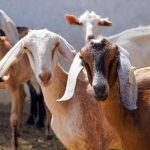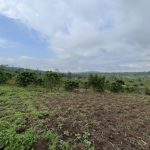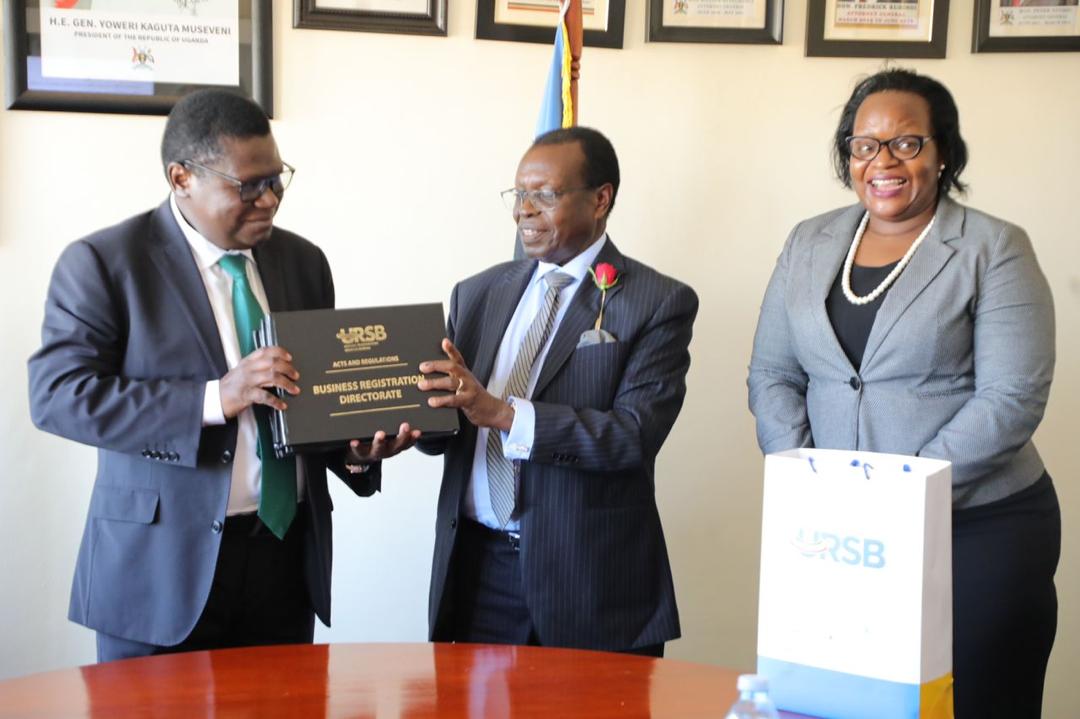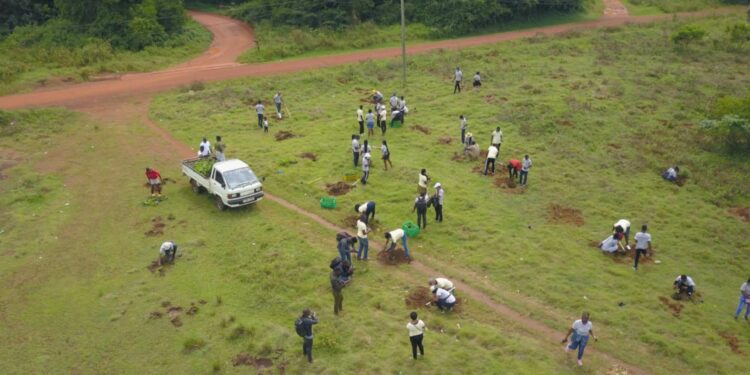Ugandan traders have received a stern warning from the Uganda Revenue Authority (URA) to steer clear of corrupt practices, as such actions not only hinder trade but also result in revenue losses. John R. Musinguzi, the Commissioner General of URA, issued this warning during an interactive session with importers at URA Nakawa in Kampala.
In the pursuit of fair trade practices, URA Commissioner General, John R. Musinguzi, recently addressed Ugandan importers at URA Nakawa in Kampala. He emphasized the detrimental impact of corruption on trade and government revenue.
Abel Kagumire, the URA commissioner of customs, highlighted a concerning issue where some traders are falsely declaring imported rice as originating from Tanzania when, in fact, it is sourced from outside the East African region. The East African Community Common External Tariff (EAC-CET) specifies that rice imported from outside the EAC is subject to a 75% import duty, while rice sourced from within the EAC attracts a 0% import duty. To verify the origin of the rice, a certificate of origin is required.
To address these concerns, URA has procured a testing machine that can determine the country of origin for imported rice. This machine has been provided by the National Agricultural Research Organisation (NARO).
Customs Commissioner Kagumire made it clear that rice lacking the official stamp from the Tanzania Bureau of Standards would be subject to the necessary taxes. He stressed that importing mixed rice and misdeclaration could lead to revenue losses, and the newly acquired testing machine would help URA identify genuine imports accurately and promptly.
Furthermore, traders who import goods via long-distance buses were cautioned to declare their goods upon arrival. This practice ensures quicker and smoother clearance from the Document Processing Center (DPC).
A gathering of over 300 importers attended the meeting and raised concerns about the new clearance procedures, which include clearance from the DPC. Katongole Godfrey, the Chairperson of the Kampala Arcades Traders Association (KATA), expressed concerns about goods perishing at the borders and called for a faster evaluation process to access markets promptly. In response, Commissioner Kagumire urged traders to declare their goods to facilitate quick verification and release, emphasizing that it is in their mutual interest to ensure goods are sold in a timely manner without withholding them.
Commissioner Kagumire stressed the importance of integrity and honesty, underscoring that these values are the foundation of URA’s relationship with traders.
John R. Musinguzi, the URA Commissioner General, noted that URA’s objective is to ensure fair competition by preventing rice imports from outside the East African community. He disclosed that after thorough research, 85% of the trucks held at Mutukula have been released, following tests conducted by the Tax Investigations department of URA. For the remaining 15%, further tests are needed due to the mixing of rice, and a refined process will be established to benefit all rice traders.
Musinguzi also urged URA officers to avoid unnecessarily holding containers for extended periods without valid reasons or written justifications.




















